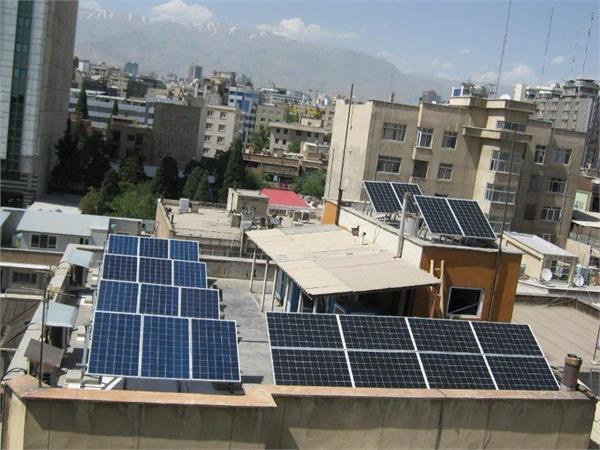Iran’s Renewable Energy and Energy Efficiency Organization (SATBA), which is under the direct control of the Ministry of Energy, is seeking to relaunch the FIT program for PV installations of up to 100 kW.
The SATBA, which has recently replaced the Renewable Energy Organization of Iran- (SUNA) as the entity responsible for the implementation of the country’s renewable energy program, announced now that potential subscribers for the FIT program for residential and commercial PV must register on its website, and then follow up on the process through the power distributions companies of their own provinces.
Furthermore, the agency is currently spreading awareness of the financial advantages of the FIT scheme. Lack of awareness, indeed, has so far been the main obstacle for the implementation of the program for rooftop solar since it was launched together with that for large-scale projects in 2016.
Moslem Mousavi, chief executive officer of the Iran Renewable Energy Association, recently told pv magazine that there is currently a very low level of awareness from Iranian homeowners, and what is missing here is action to provide consumers with information on the advantages of residential PV solutions.
Under the FIT program, PV projects up to 20 kW are entitled to receive a FIT of 8,000 ($0.24)/kWh, while solar installations ranging in size between 20 kW and 100 kW have access to a FIT of 7,000 (0.21$)/kWh. These tariffs can be raised by 30% if the project is relying on locally manufactured PV components.
Iran is also supporting distributed generation through a net metering scheme. However, only around 2 MW of PV power was installed to date, although it is offering an interesting tariff of around $0.15 per kWh for the power surplus injected to the grid.
According to Mousavi, Iran will reach a cumulative renewable energy generation capacity of approximately 700 MW at the end of 2017, of which the vast majority will be represented by solar power projects.
This content is protected by copyright and may not be reused. If you want to cooperate with us and would like to reuse some of our content, please contact: editors@pv-magazine.com.




1 comment
By submitting this form you agree to pv magazine using your data for the purposes of publishing your comment.
Your personal data will only be disclosed or otherwise transmitted to third parties for the purposes of spam filtering or if this is necessary for technical maintenance of the website. Any other transfer to third parties will not take place unless this is justified on the basis of applicable data protection regulations or if pv magazine is legally obliged to do so.
You may revoke this consent at any time with effect for the future, in which case your personal data will be deleted immediately. Otherwise, your data will be deleted if pv magazine has processed your request or the purpose of data storage is fulfilled.
Further information on data privacy can be found in our Data Protection Policy.